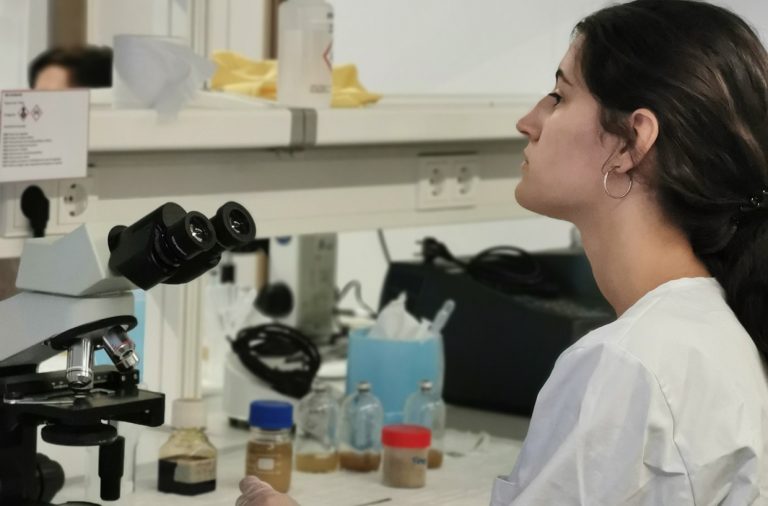In Europe, the population of companion animals has been increasing. In 2020, there were around 90 million dogs in 56 million households. In Portugal, around 38% of families had dogs as companion animals, with a total population of around 2 million animals. Thus, similarly to Europe, Portuguese households already have more pets than children, being these animals considered active elements of the family.
The growing humanization of companion animals has exacerbated the concern of tutors with food quality and safety, as well as with the impact of food on the well-being and health of animals. Indeed, tutors are increasingly looking for complete compound foods that ensure the satisfaction of nutritional needs and that, at the same time, have functional effects, especially in promoting health, well-being and longevity. Furthermore, the increase in the production of compound feed to face the increase in the animal population represents an environmental impact that cannot be neglected.
All these changes have contributed to the need to develop new food strategies, as well as to identify new ingredients that are more sustainable from an environmental, economic and social point of view and with functional qualities. The Animal Science Laboratory, at ICBAS, has developed several projects to find more sustainable food strategies that contribute to the promotion of health, well-being and longevity, both for puppies and adult dogs, towards to the societal challenge of One Health.
To know more:
– Mineral composition of dry dog foods: impact on nutrition and potential toxicity
– Effects of diet supplementation with sodium selenite and selenium-enriched in puppies’ health performance from post-weaning to adulthood
– Effects of zinc source and enzyme addition on the fecal microbiota of dogs
Contact: Professor Ana Rita Cabrita (arcabrita@icbas.up.pt)



